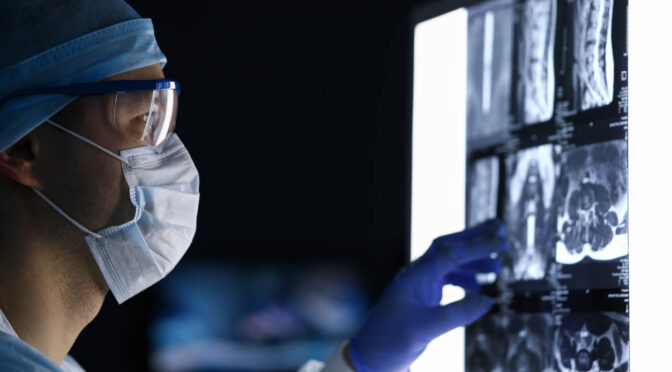Lung cancer is one of the most common types of cancers in the U.S., as well as a top cause of preventable cancer death. Although anyone can develop this type of cancer, certain individuals have a higher risk. Those who smoke or have nicotine dependence face a considerably increased risk of having lung cancer.
With more research focusing on improving outcomes for lung cancer through cancer immunotherapy and other treatment methods, scientists need to learn more about the causes of this disease. A research team at Dartmouth’s Geisel School of Medicine studied potential pathways that lead to lung cancer.
Nicotine Dependence as a Pathway
Researchers studied possible pathways that allow a chromosome called 15q25.1 to raise an individual’s risk of lung cancer. This chromosome has previously been identified as a genetic component that can increase lung cancer risks in some individuals. The research team found two pathways associated with this chromosome that could help explain how it leads to a higher lung cancer risk.
Nicotine dependence is linked to the first pathway that the researchers found. This finding has helped scientists better understand how lung cancer develops and why individuals with a history of smoking and certain genetic components face a significantly higher risk of having lung cancer. The second pathway is linked to biological processes, including those involving the immune system.
Improved Lung Cancer Treatments
The findings of this research could pave the way for improved treatments for lung cancer. Scientists can use these findings to come up with ways to block risky genetic variants, resulting in better outcomes for those with cancer. The results of this study might also be used to develop more effective ways to treat lung cancer using the body’s immune system or other methods.
For more information on cancer treatment and cancer immunotherapy, please contact Issels® today.






